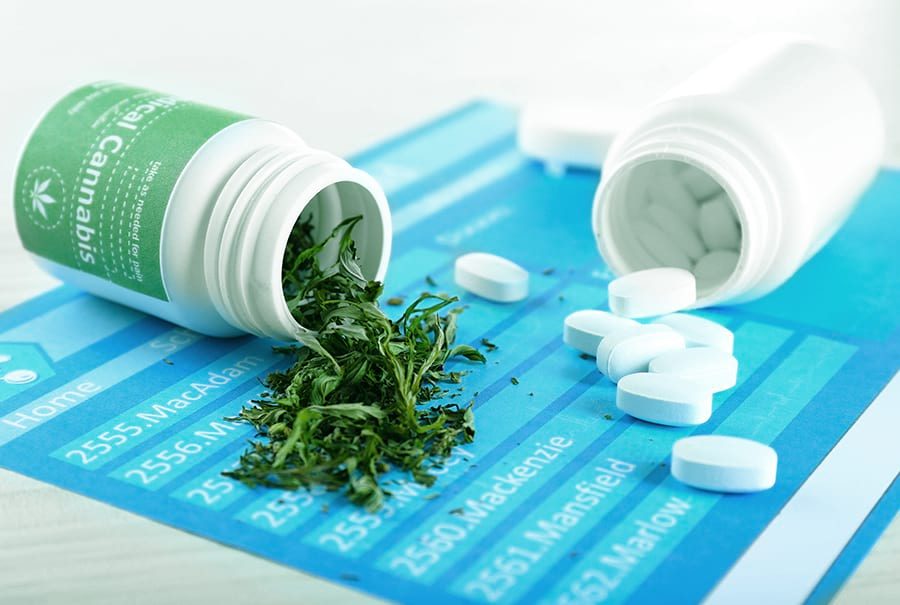Studies suggest that cannabis is successfully fighting the opioid epidemic
Every day, as many as 115 Americans will lose their life as a consequence of opioid overdose. Addiction to pharmaceutical opiates claimed 200,000 lives between 1999 and 2016, according to the Centers for Disease Control and Prevention (CDC).
The good news is that weed could be the solution, with fresh evidence demonstrating a link between cannabis and opioids.
What is that link? Cannabis is an effective, natural and much safer alternative to opioids.
More U.S. States trying to replace opioids with cannabis
This year, a number of states have legalized cannabis in a bid to battle the opioid crisis. New Jersey was the first state to do so, followed by Pennsylvania. Rachel Levine is the Pennsylvania Secretary of Health who gave cannabis sales the go-ahead this year. The recommendation she approved back in April granted the sale of medical cannabis in leaf form.
“It’s another tool,” Levine proclaimed. “The whole idea of this program is to provide another tool in the toolbox for physicians to treat these conditions.”
A window of opportunity has opened for New Jersey since the state approved “addiction substitute therapy for opioid reduction.” Now that treatment for opioid withdrawal has been added to the list of approved medical cannabis uses, state health systems are much more likely to conduct clinical research on the plant that could potentially save lives.
In response to the news, Dr. Sue Sisley described it as “major” during a discussion with the Tribune News Services. She is the woman responsible for founding the Scottsdale Research Institute, where she researches medical cannabis’ influence on PTSD symptoms in veterans.
“We have all these opioid task forces in so many states, and none of them even mention cannabis as a substitution for opioids as part of the treatment strategy.”
Studies indicate the potential of replacing opioids with cannabis
Replacing opioids with cannabis seems to be an effective idea. Based on the outcome of a 2014 study published in the Journal of the American Medical Association (JAMA), there were 25 percent less opioid-related deaths in states that had enacted medical cannabis programs, as opposed to states that had not.
In April, a study was published in JAMA’s Internal Medicine journal that gives us an interesting insight. It delved into the opioid prescriptions covered by Medicare Part D from 2010-2015 and opioid prescriptions covered by Medicaid from 2011-2016. Researchers discovered a monumental reduction in annual opioid prescriptions under Medicare Part D – 2.21 million fewer doses than states that had not permitted medical cannabis prescriptions, to be exact.
“This study adds one more brick in the wall in the argument that cannabis clearly has medical applications,” David Bradford said during an interview with CNN.
Bradford is a professor at the University of Georgia, specializing in public administration and policy. He played the role of lead author for the Medicare study. “And for pain patients, in particular, our work adds to the argument that cannabis can be effective,” he added.
A different study titled “Cannabis as a Substitute for Opioid-Based Pain Medication: Patient Self-Report” examined survey data from 2,897 medical cannabis patients to determine the potential of replacing opioids with cannabis for pain relief.
“Respondents overwhelmingly reported that cannabis provided relief on par with their other medications, but without the unwanted side effects,” said the researchers. “Ninety-seven percent of the sample “strongly agreed/agreed” that they are able to decrease the amount of opiates they consume when they also use cannabis, and 81 percent “strongly agreed/agreed” that taking cannabis by itself was more effective at treating their condition than taking cannabis with opioids. Results were similar for those using cannabis with nonopioid-based pain medications.”










